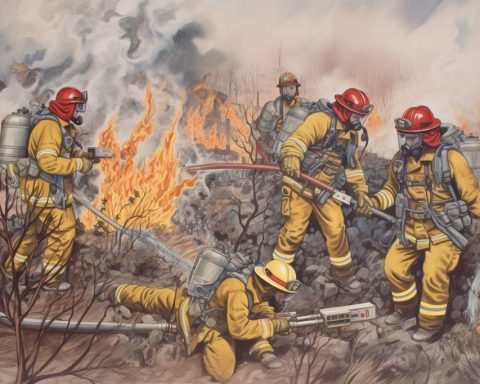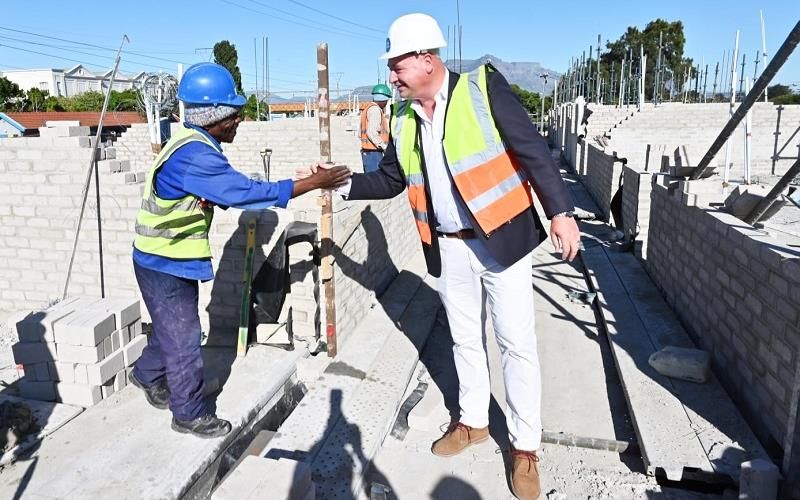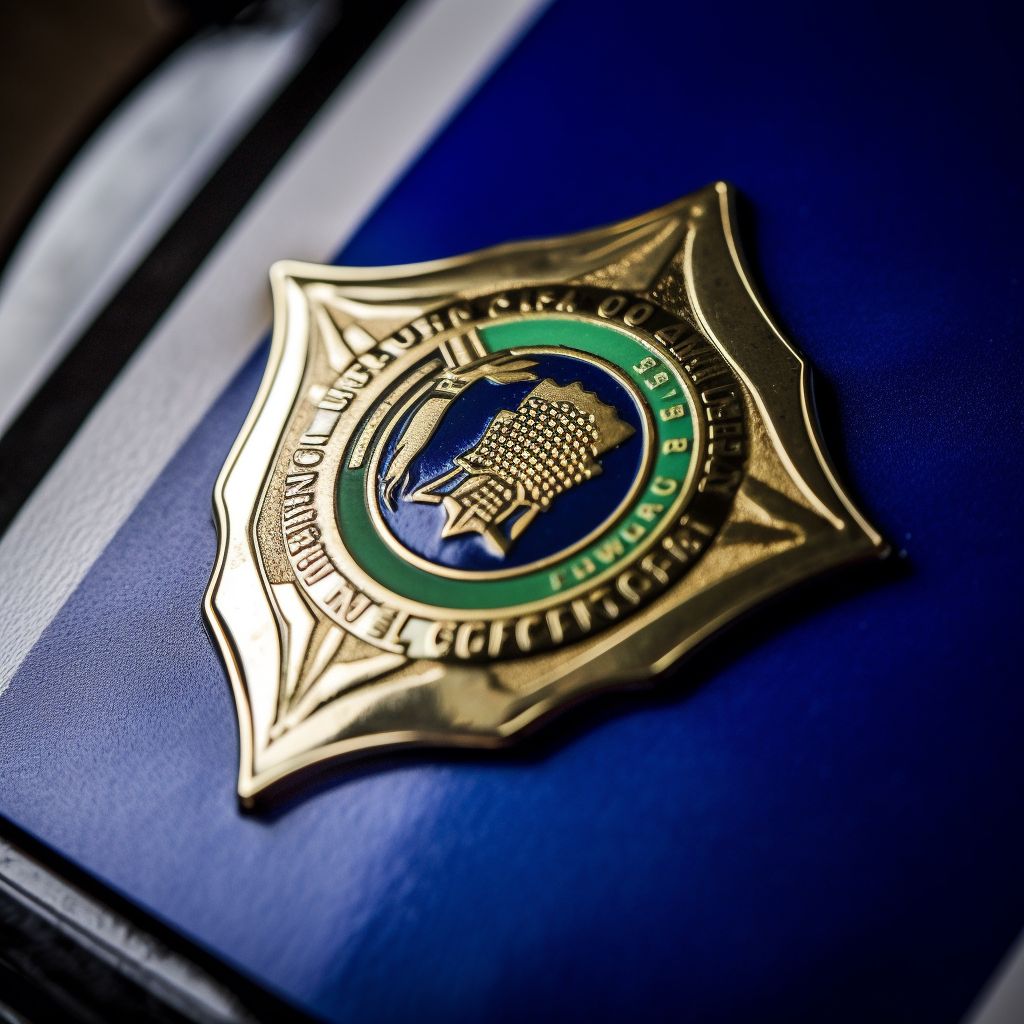In a recent address, South Africa’s President Cyril Ramaphosa expressed gratitude for the National Assembly’s spirited debate on the Presidency Budget Vote. He emphasized the importance of cooperation and collaboration in tackling the country’s challenges. Despite the numerous obstacles facing the nation, including an ongoing energy crisis, high inflation, and a devastating pandemic, President Ramaphosa insists on maintaining an optimistic outlook to drive change.
Collaborative Efforts in South Africa
The President highlighted significant progress made through partnerships between government, business, labor, and civil society. The Youth Employment Service (YES) has successfully placed over 100,000 young South Africans in local businesses for work experience, injecting R6 billion in youth salaries into the economy. He called on more businesses to join the YES initiative, offering opportunities to young South Africans looking for work.
Another collaborative effort is the establishment of the Resource Mobilisation Fund by Business for South Africa. This fund aims to provide technical support and capacity to the National Energy Crisis Committee, helping the government implement the Energy Action Plan. These joint efforts are guided by transparency and accountability to avoid the risk of “capture” or the advancement of private interests over the common good.
Driving Collaboration Across Government Departments
In addition to public-private partnerships, the Presidency plays a crucial role in driving collaboration across government departments, state-owned companies, agencies, and public entities. Operation Vulindlela focuses on accelerating key economic reforms and has shown significant progress in its latest quarterly report.
Collaboration between national, provincial, and local governments is vital for South Africa’s success. The President’s Coordinating Council serves as a forum for consultation and cooperation between these levels of government. The District Development Model, which positions districts at the center of an integrated approach to development across government spheres, is also a crucial part of the government’s efforts to improve service delivery.
Capacitating the Presidency
President Ramaphosa emphasized that the Presidency must be structured, resourced, and capacitated to exercise its Constitutional responsibilities and the electoral mandate for which it is responsible. This includes attracting the necessary capacity, skills, and technical expertise to fulfill its crucial mandate. The Presidency has established advisory councils that bring together talented and experienced South Africans to contribute to the country’s development.
Optimism for South Africa’s Future
Despite the many challenges facing South Africa, President Ramaphosa remains optimistic about the nation’s future. He invites all members of the National Assembly and South Africans to be part of this journey. Through greater collaboration, the country can establish the foundation for a more inclusive economy and a fairer society. President Ramaphosa stated, “We will overcome our challenges and we will emerge a better, stronger and more united nation.”












